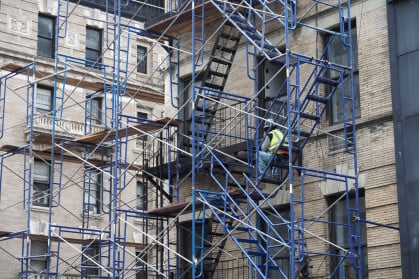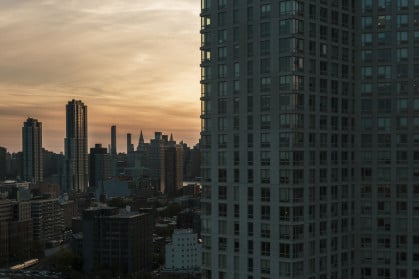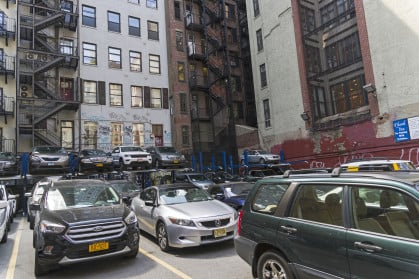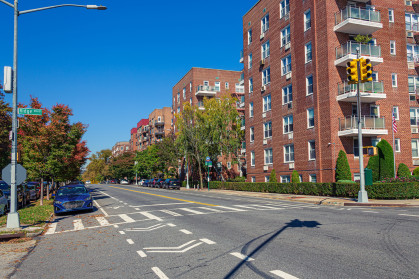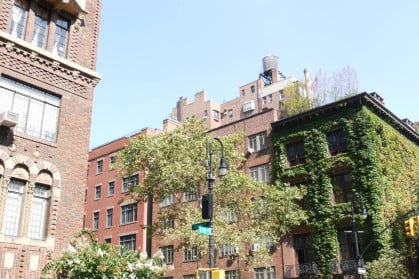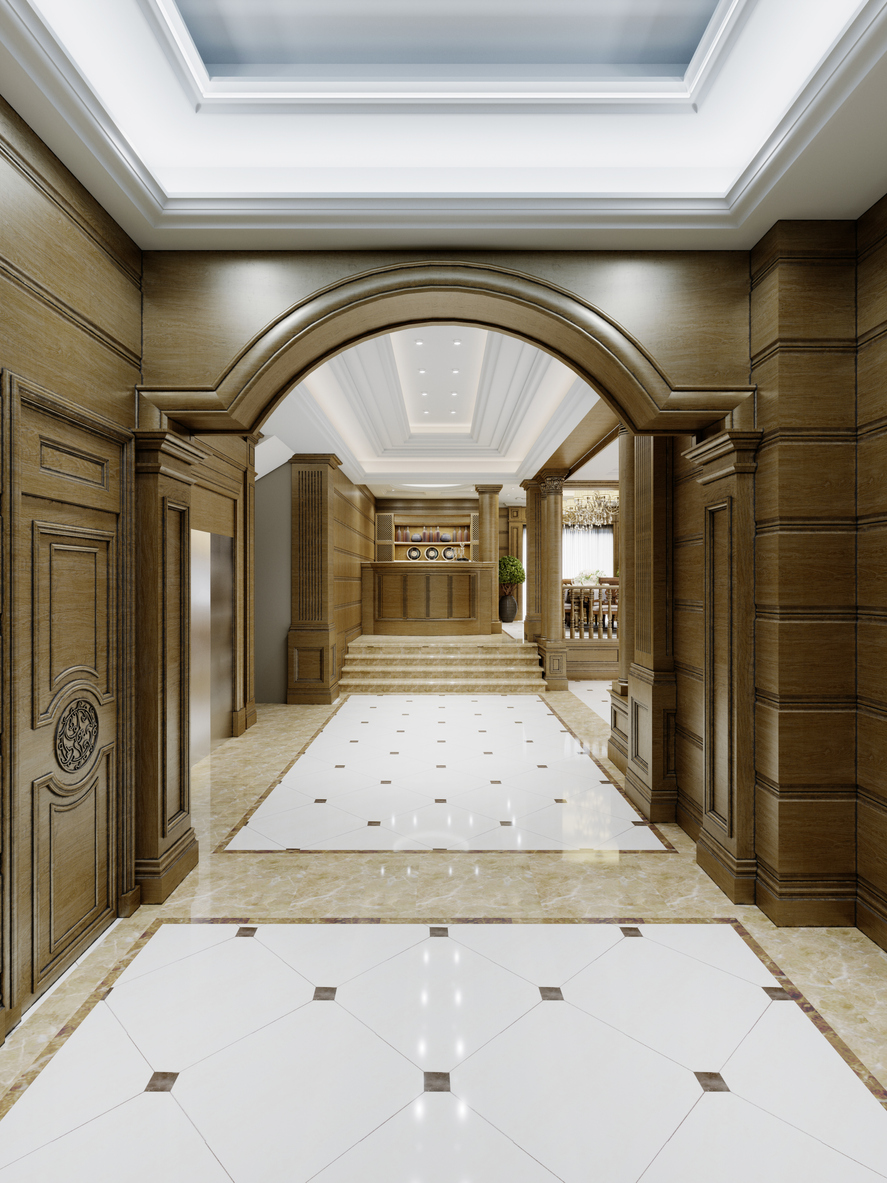
Should you run for election to your building’s board?
The signs that it’s time to run for your board can be many and completely different from building to building and from owner to owner. Keep in mind that it can be easy as an outsider to judge the people in charge, who might be doing their best to run the building. Boards are volunteers that have jobs, careers, families, and hobbies that they care more about, and the time that they have to spend on their board duties is limited.
Everyone has different reasons for serving such as money (protecting their biggest investment), recognition, passion, meaning, and curiosity. Common motivators for serving on the board:
- It personally benefits you (such as finally installing that roof deck) and/or the community.
- It will cost you more if you don’t do something.
- The building is in such dire straits that unless that without massive repairs, disaster could strike.
- You want to be involved and give back to your community.
- You always wanted to know what the board members do and how a building is run—how hard can it be?
- Speak to existing board members to find out where they stand on important issues. Ask a few simple questions like, “Have you considered adding a gym, or developing a roof garden, or replacing the elevator or boiler?” Try to determine if the board members are active and prioritize the building’s and residents’ wishes and concerns or if they have different priorities (or, worse, have no priorities at all).
Some signs that the board can use some new blood with innovative ideas and renewed energy:
1. Dismissiveness toward shareholders' questions in the annual meetings
can create hostility and gossip among the residents and just like any other community, unrest can lead to problems. In representing the owners, the board has a responsibility to provide answers.
2. Lawsuits are frequent and remain outstanding and unresolved
This is expensive for residents in several ways: The residents pay for the deductibles and for the attorney representing the case, it increases the cost of insurance premiums, and it also makes the building less financeable which may make it difficult or more expensive to take out mortgages.
3. Elevator or boiler outages are more frequent
Aside from the inconvenience and discomfort of an elevator or boiler outage, elevator modernizations and boiler replacements take a long time to plan and fund. Taking a reactive approach and not having a plan in place calls for urgency to get involved.
4. Gym installation in the basement has been planned for years, but no progress has been made
A simple project like a gym can be done in no time, especially by someone who is passionate about it. The only part of this project that might take a while is the process of changing the certificate of occupancy if that is needed.
5. Maintenance increases are well above inflation for an extended period of years6. Assessments for projects that don't appear to be taking place
When there are large assessments for specific projects, the board needs to keep owners informed about the progress of those projects. If boards do not keep owners informed, that may be a sign that it’s time to get involved either by volunteering for a committee or nominating yourself to the board.
7. A roof that's unused
An unused roof is a sign that the board is not maximizing the building’s property value. A roof could house solar panels or be developed into an amenity for residents to enjoy in the form of a roof terrace or even a community room.
8. Common areas are messy or dirty
This is a sign of poor oversight. Most supers take pride in their building and their job. If common areas are messy or dirty, this can be the result of the board not providing the super with the support or appreciation that they need.
Sign Up for our Boards & Buildings Newsletter (Coming Soon!)
Thank you for your interest in our newsletter. You have been successfully added to our mailing list and will receive it when it becomes available.

















